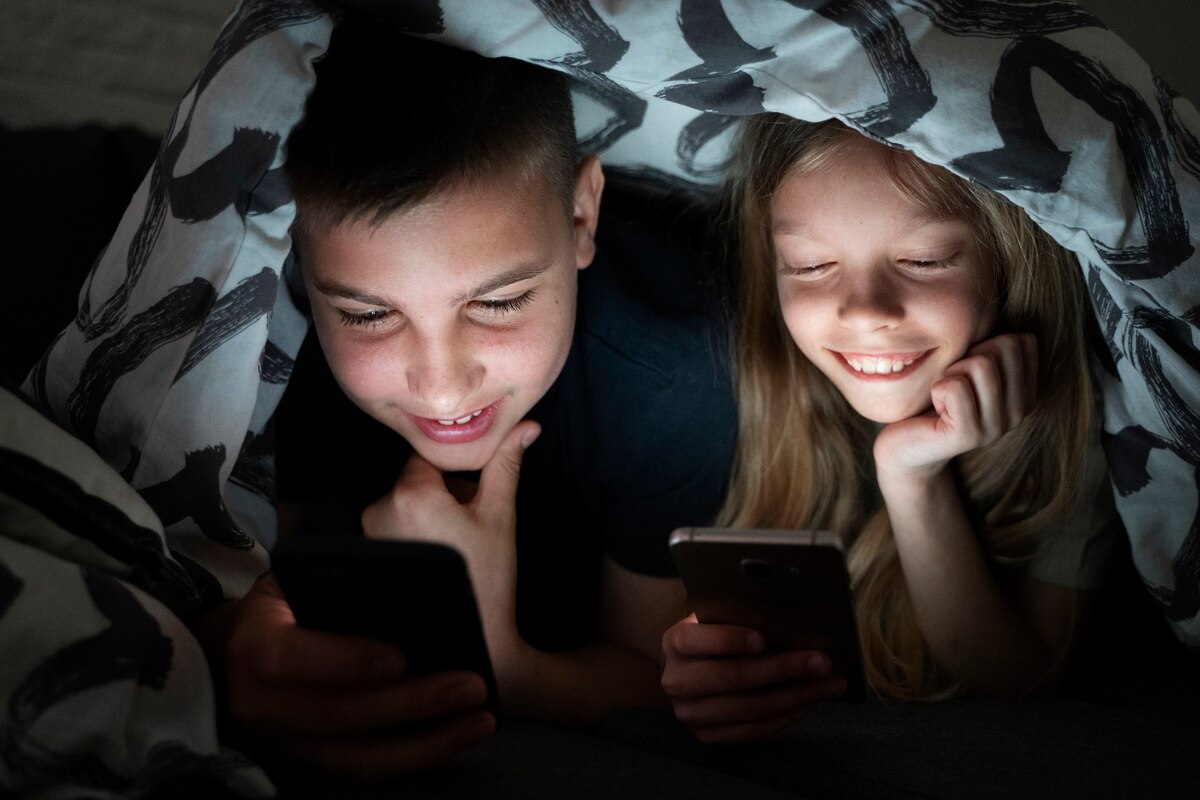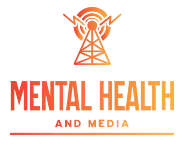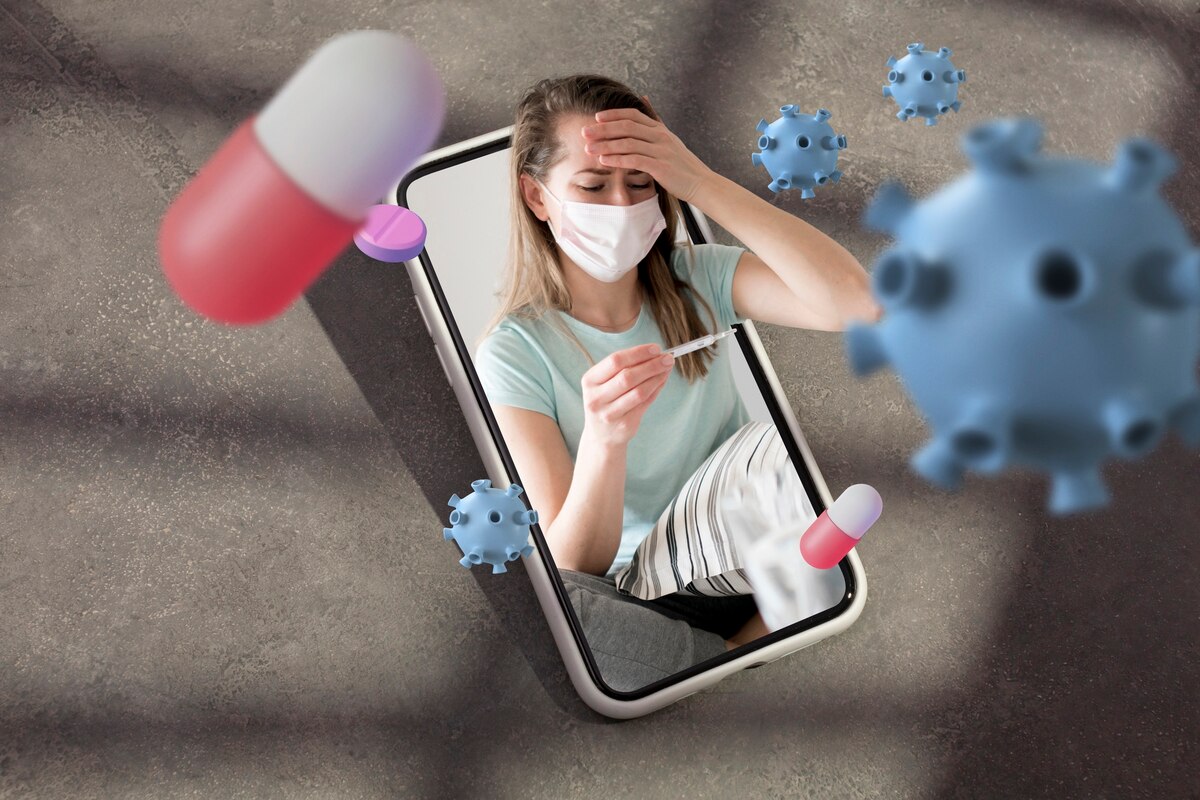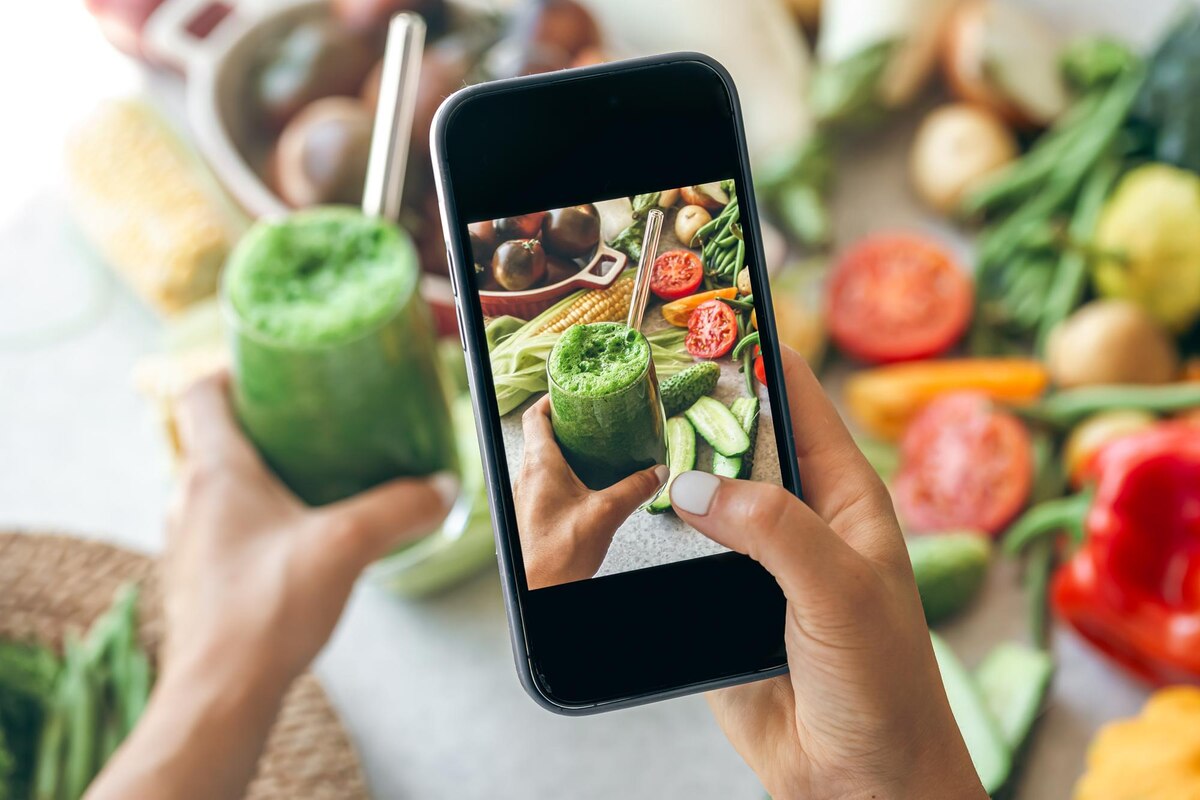In our increasingly connected world, social media has become a cornerstone of daily life, influencing how we interact, share, and consume information.Read More
One of the primary ways social media impacts sleep is through the phenomenon known as “blue light exposure.” Many social media platforms are accessed via smartphones and tablets, devices that emit blue light. This type of light interferes with the production of melatonin, the hormone responsible for regulating sleep. As a result, scrolling through feeds late into the night can make it difficult to fall asleep, leading to a cycle of poor sleep quality. Moreover, the content consumed on social media can induce anxiety or excitement, stimulating the mind at a time when it should be winding down. Engaging with controversial posts or reading distressing news can lead to an increased heart rate and heightened stress levels, both detrimental to restful sleep. Social media also fosters a fear of missing out (FOMO), compelling users to stay engaged longer than intended. Notifications, updates, and the perpetual allure of new content can disrupt pre-sleep routines, as users often feel an urgent need to check their accounts. This compulsive behavior can push bedtime later and later, ultimately contributing to sleep deprivation. A 2021 study published in the journal Sleep Health found that individuals who engage heavily with social media report poorer sleep quality, longer sleep onset latency, and more daytime sleepiness. The implications are clear: the more time spent on social media, especially before bed, the more likely one is to experience sleep disturbances. Recognizing the impact of social media on sleep is the first step toward improvement. Here are some effective strategies to mitigate its effects: Establish a cut-off time for social media use in the evenings, ideally at least an hour before bedtime. This allows your mind to unwind and prepares your body for sleep. Instead of scrolling through feeds, consider engaging in calming activities like reading or meditation. Most smartphones have a ‘Do Not Disturb’ feature that silences notifications during designated times. Use this feature to minimize disruptions while you sleep. Setting specific hours where notifications are muted can help create a more peaceful sleep environment. Enhance your bedroom’s sleep environment by minimizing light exposure. Consider using blackout curtains to keep your room dark and invest in a blue light filter for your devices, which can reduce the impact of screen time on your sleep cycle. If you find it challenging to disconnect, try to engage with social media more mindfully. Curate your feed to include positive and uplifting content that doesn’t provoke anxiety. Also, practice being intentional about your usage—set time limits to help prevent mindless scrolling. Implement good sleep hygiene practices, such as maintaining a consistent sleep schedule, creating a calming bedtime routine, and limiting caffeine intake later in the day. Prioritizing sleep can help offset the negative impacts of social media. As social media continues to shape our lives, understanding its influence on sleep patterns is crucial. By recognizing the factors that disrupt our sleep and implementing practical solutions, we can enjoy the benefits of social media while safeguarding our sleep health. Striking this balance is essential for maintaining overall well-being in today’s digital landscape.The Sleep Disruption Cycle
The Impact of Engagement and FOMO
Practical Solutions for Better Sleep
1. Set a Social Media Curfew
2. Utilize ‘Do Not Disturb’ Features
3. Create a Sleep-Friendly Environment
4. Engage Mindfully with Social Media
5. Prioritize Sleep Hygiene
Conclusion




